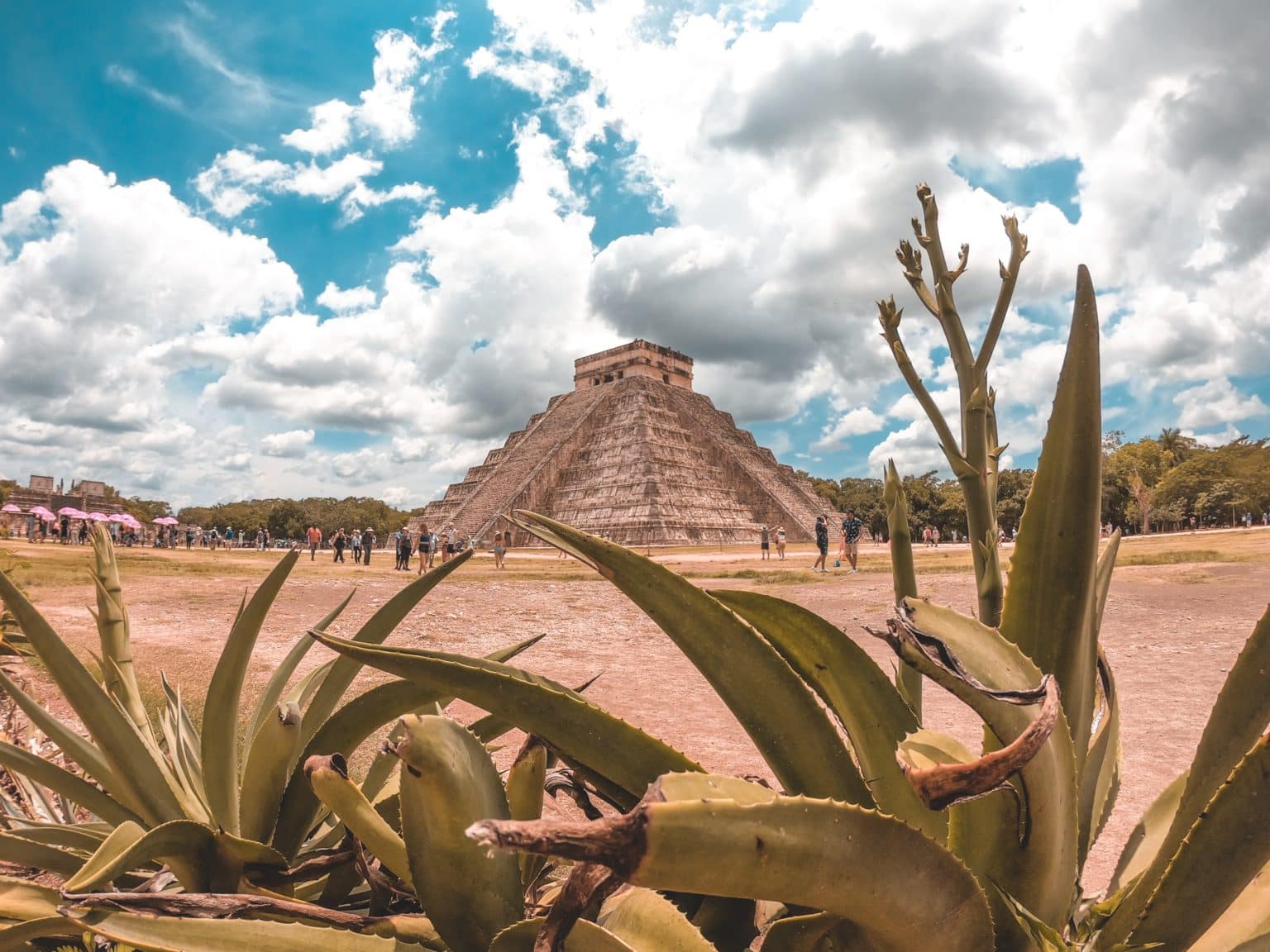
Chichén Itzá: Our Ultimate Travel Guide
Chichén Itzá is, in our opinion, a must during a trip to Mexico. Find out everything you need to know before you set off on your adventure.
En visitant notre site, vous acceptez notre politique de confidentialité concernant les cookies, les statistiques de suivi, etc.
Pancho Villa was one of the leaders who carried out the Mexican Revolution and gave his country back its power. Learn who Pancho Villa was.
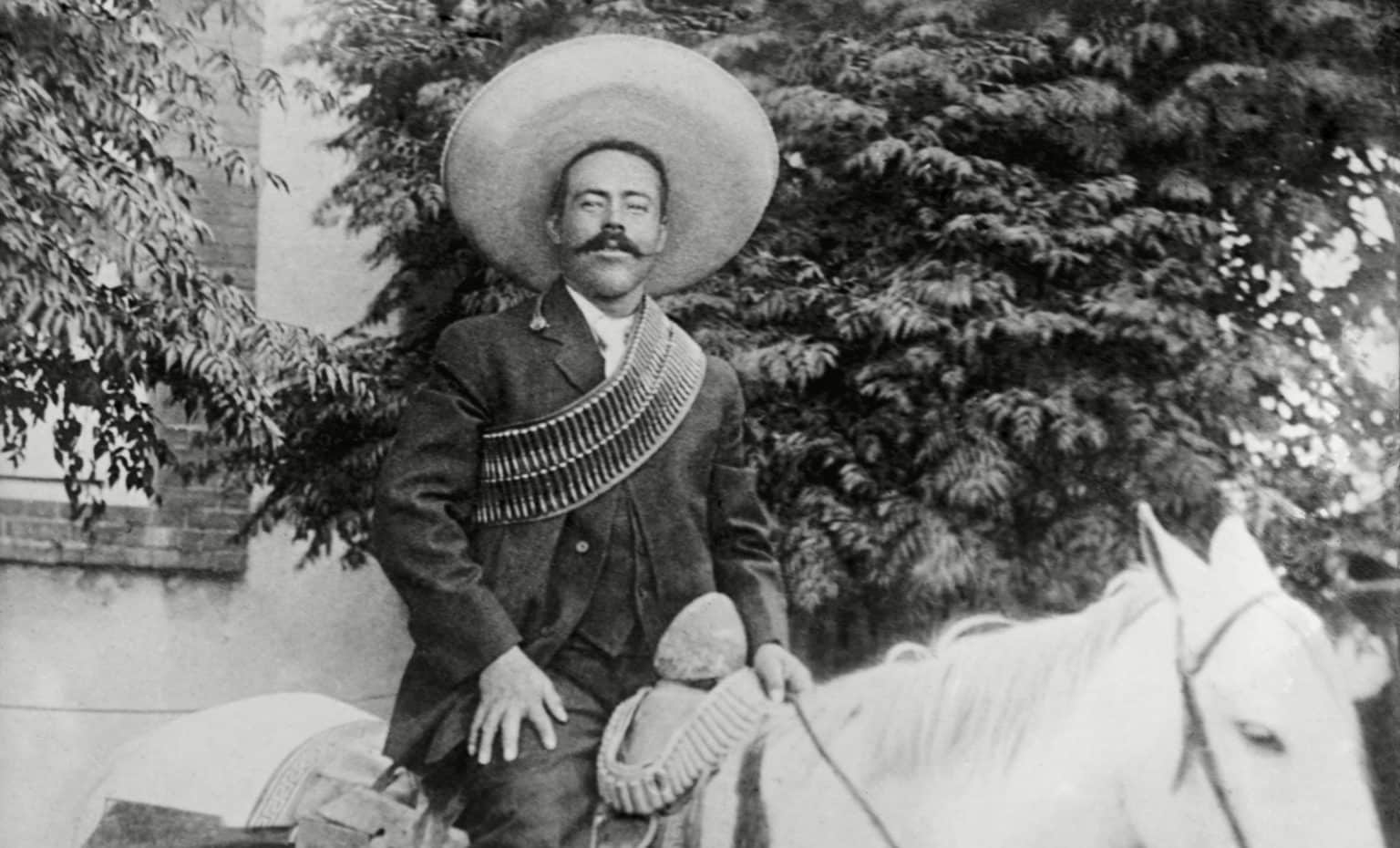
Pancho Villa’s life story could be summarized in one simple phrase: the search for justice. That is what he dedicated himself to from an early age when he committed an act that led him to take justice into his own hands and for that, he would be sought after later on. A vigilante, let’s get to know who Pancho Villa was. His birth name was José Doroteo Arango Arámbula, he was born on June 5, 1878 in San Juan del Río – Durango. In his youth he was well known and loved by many peasants due to his many actions against the rich. His father died when Doroteo was a child and the only thing he left him was the responsibility of taking care of his family, for which he has worked from an early age. He never went to school and never had a decent education.
At the age of 16, Doroteo murdered a man. There are a few versions of this story, but all agree that the dead man was the son of Laureano Lopez Negrete, an owner of the hacienda where the Arango family worked. The dead man in question raped one of José’s sisters, so rage drove him to avenge his sister’s honor. Another version of the story states that Doroteo arrived just at the exact moment before the rape, angrily reached for a gun and shot his sister’s attacker. After that act, Doroteo was pursued by the justice system. This led him to flee to the mountains, where he stole cattle from rich ranchers in order to survive. His head had a price, so he decided to change his name to Pancho Villa, the surname he would have inherited from his father if his grandfather Jesus Villa had recognized him.
One of the characteristics of Pancho Villa that marked him as one of the Mexican Robin Hoods was his great solidarity with the poorest. Pancho did not steal only for himself, he was also very generous with the most needy people, for which he was very much loved. However, most of the crimes and misdemeanors were attributed to Pancho Villa, branding him as a simple bandit, criminal and aimless womanizer. Time passed and he continued to be persecuted by justice. In 1900, he settled in the state of Chihuahua. There he began his ambition to make hacienda owners pay for their abuses against peasants and slaves.
In 1910 he joined the Maderista movement, despite being considered a simple cattle rustler. It was thanks to Abraham Gonzalez, Francisco I. Madero’s political representative in Chihuahua and with whom he had commercial ties that he received the necessary political education that led him to expand his mind. The Madero movement sought to overthrow the dictatorship of Porfirio Diaz. That same year, Pancho attacked the hacienda called Cavaría and from that moment on, he began to recruit as many peasants as possible, promising them that their land would be returned to them once the Porfirian dictatorship was overthrown. The San Luis Plan, devised by Francisco I. Madero, consisted of an armed uprising by the working class to stop the abuses and the dictatorship once and for all so that their lands would be returned to them. It was at that moment when Pancho Villa demonstrated his convening power and his ability to wage war, because he knew the terrain, he knew the peasants and the years he spent outwitting all those who persecuted him played in his favor. After 6 months of struggle, the Maderista movement achieved its goal after taking Juarez City. Porfirio Diaz resigned the presidency and went into exile.
After a while, there was a rebellion against the government of Francisco I. Madero, since he did not comply with what was promised in the Plan of San Luis. Pancho Villa was put in prison by order of Victoriano Huerta, however, he managed to escape to the town of El Paso. Some time later, Pancho returned to Chihuahua with a few horses and four companions, only a month later he had already gathered around 3 thousand men to fight with him to overthrow Victoriano Huerta from power. He achieved his goal and took over the State of Chihuahua, where he began to found schools, revive the economy, create a proper military instruction, among other actions. Pancho Villa died assassinated due to an ambush against him on July 20, 1923. He was known as the “Centaur of the North” and was perhaps the most important individual who managed to move the masses and overthrow several dictators.
You want to know more about the life of Pancho Villa? Write to us!
AUTRES ARTICLES

Chichén Itzá is, in our opinion, a must during a trip to Mexico. Find out everything you need to know before you set off on your adventure.
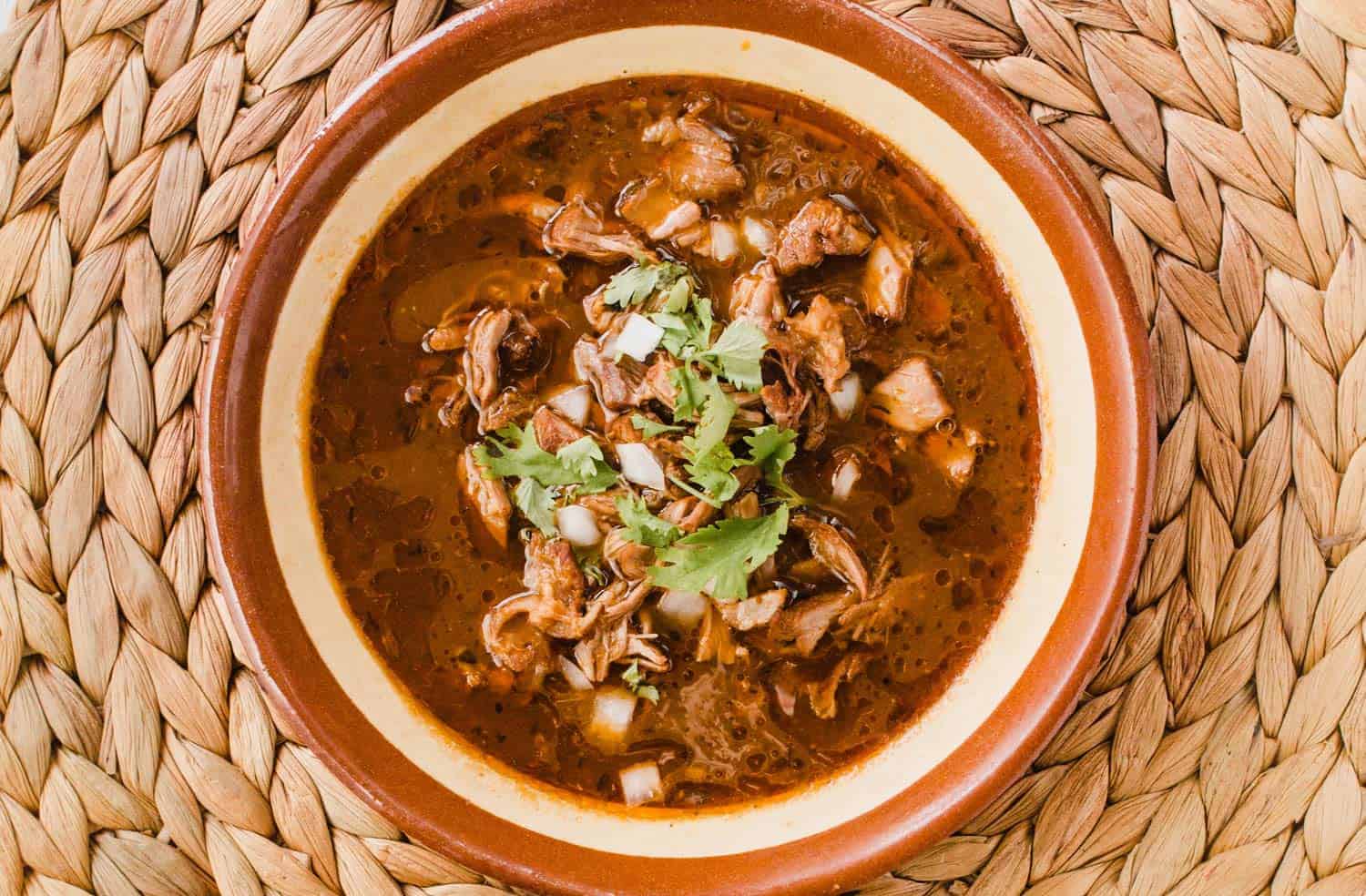
Birria is a traditional Mexican dish that was born in the state of Jalisco. Let’s see how much the beef birria has evolved since its creation.
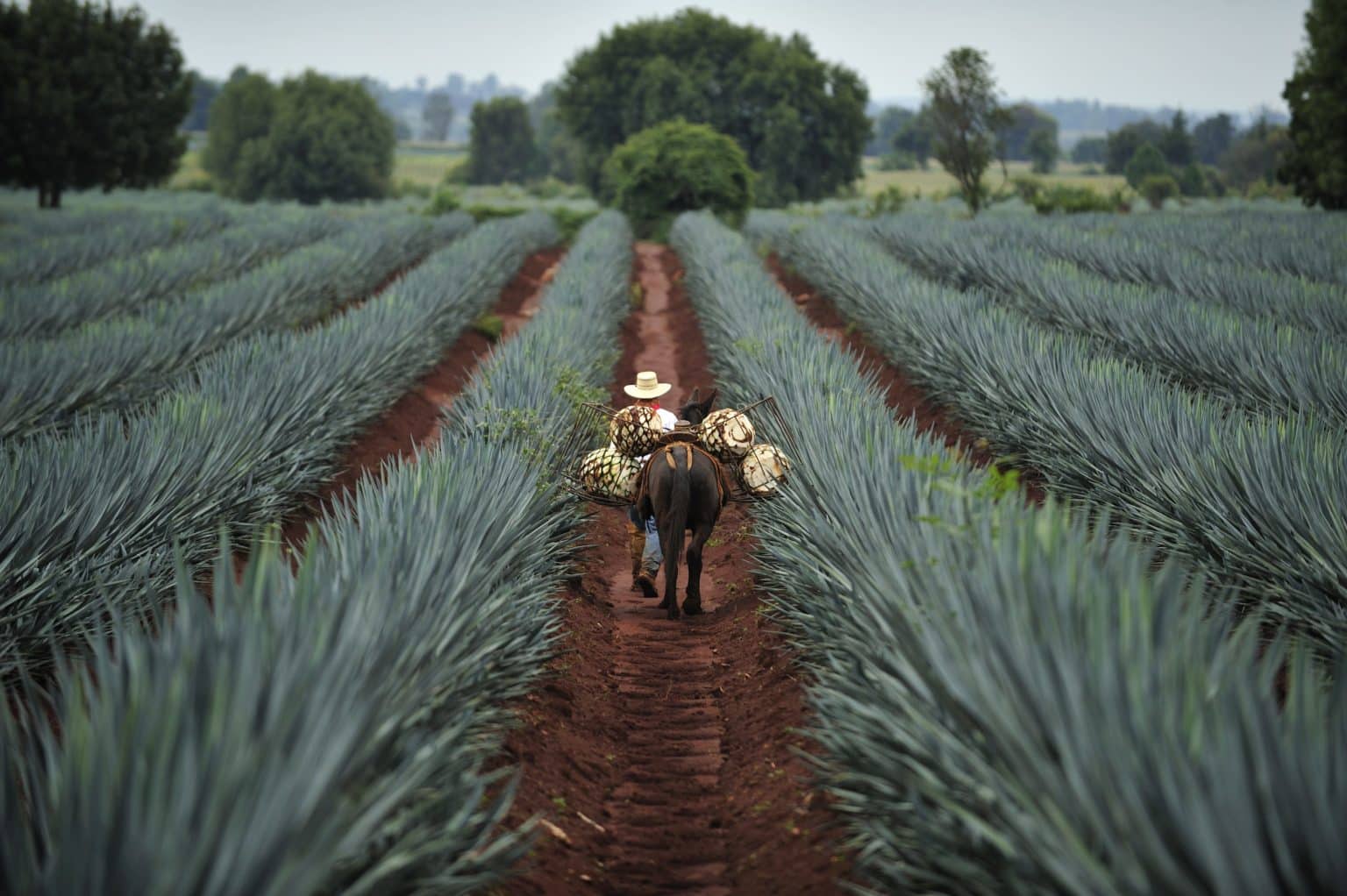
Our guide to the best tequilas in Mexico – Find out more about tequilas and the agave plant that produces tequila
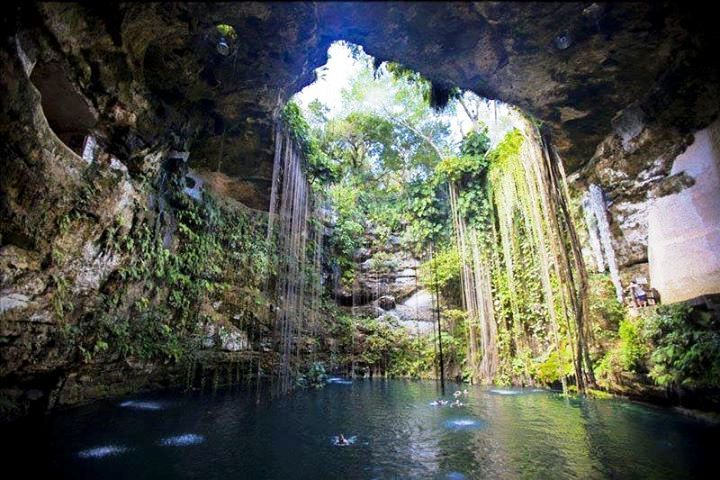
What are the best cenotes in Chiapas? What is the best way to get there? Answers in these lines!
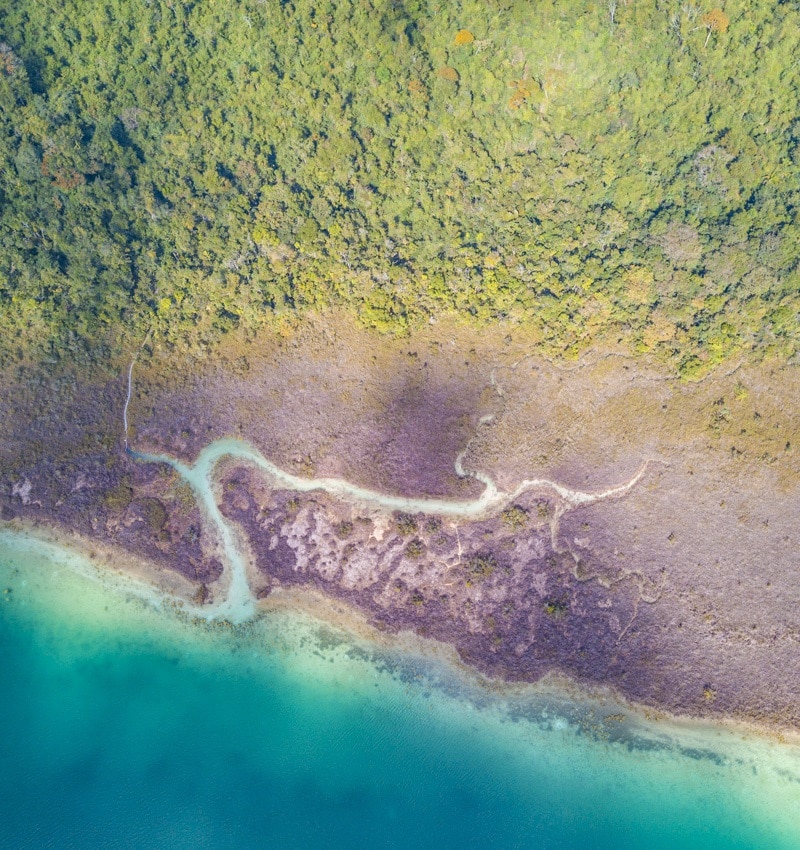
Discover the Selva Lacandona, located in the southeast of Chiapas. It is a unique place for its natural beauty, its Mayan culture and its exuberant wildlife.
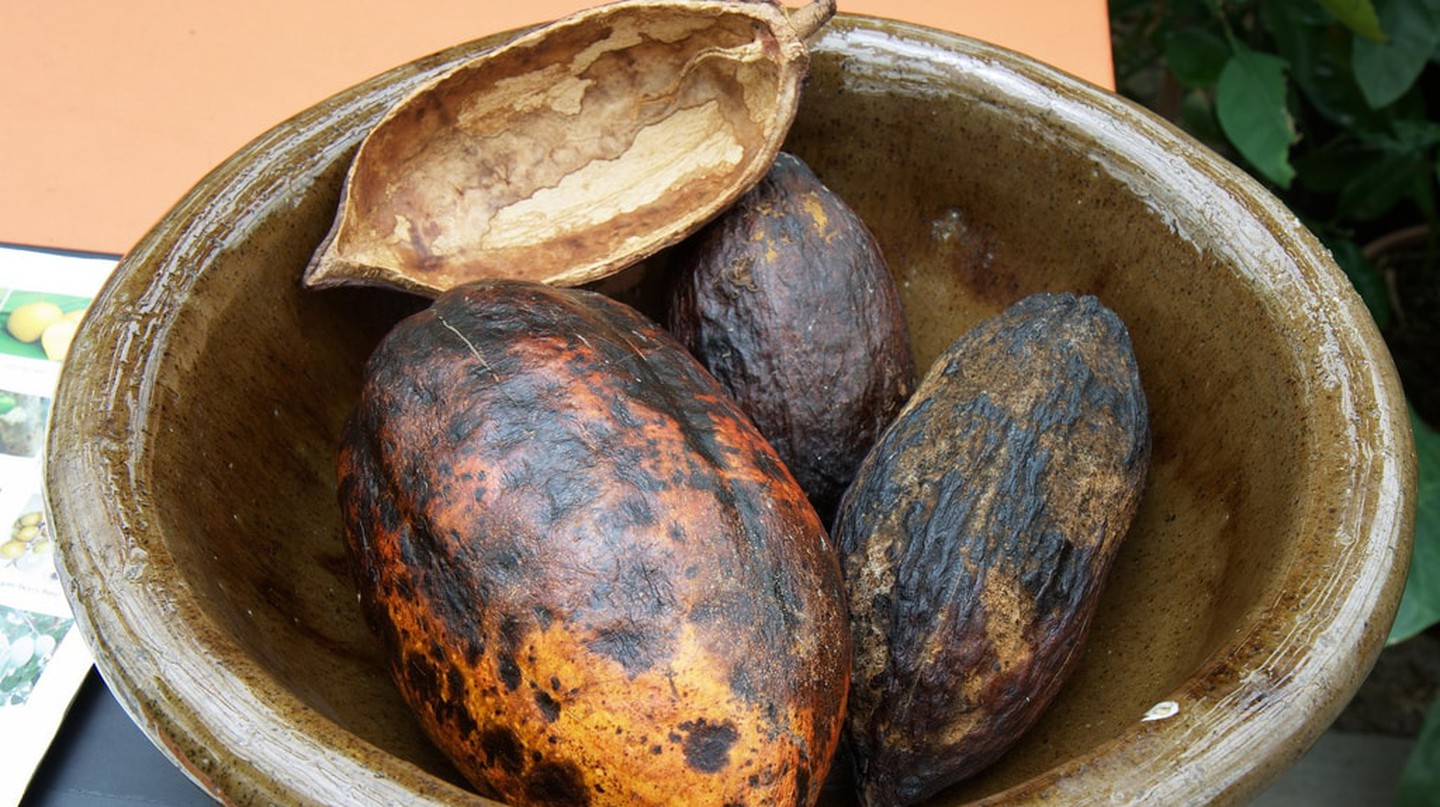
For lovers of cultural travel, Chiapas is an inexhaustible source of discoveries and museums of all kinds. History, culture, botany, science, technology, religion, archaeology.
Alma De Chiapas
22 blv Maréchal Leclerc, 38000, Grenoble, France
blablabla@alma-de-chiapas.com
@Copyright 2020 Alma de Chiapas
Legal Notice
Privacy policy
Design & Creation by Upleeft